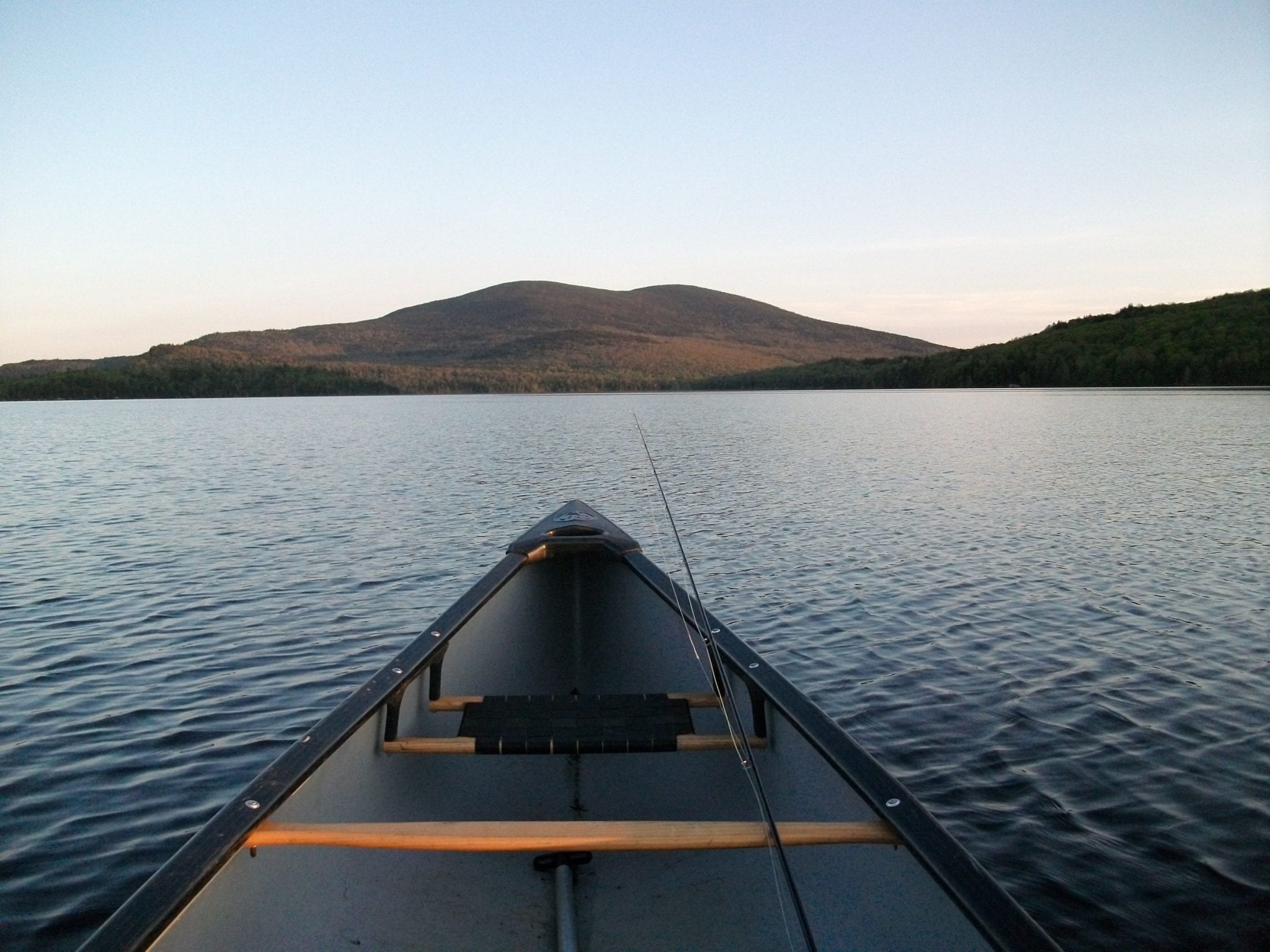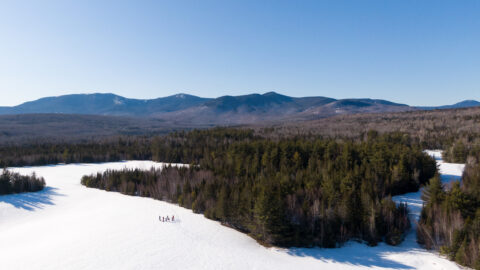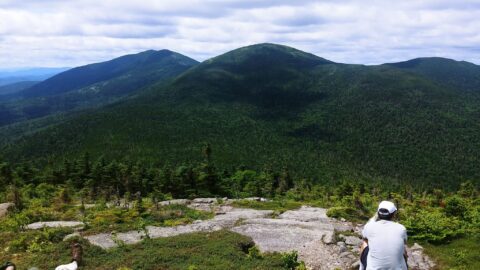Survey finds sportsmen have the same concerns as landowners – and Maine desperately needs a strong landowner relations program.

Great article by George Smith about public access!
Posting is increasing. We’re losing lots of land that was traditionally open to public recreation. This is what sportsmen told Jessica Leahy in her most recent survey.
Jessica is a University of Maine Forestry School professor and member of the Board of the Small Woodland Owners Association of Maine. “After seven years and three landowner-focused surveys,” Jessica told me, “we felt it was time to do a land user survey and compare them to the past landowner results.”
It did not surprise me when she found that “most of the land users in our sample shared the same exact concerns and issues as landowners.” That’s really good news, I think. At least we all recognize the problems and concerns and issues.
But Jessica’s conclusion is sobering – and something I’ve been advocating for and writing about for a long time. “There remains a need for a strong landowner relations program in the state!”
The landowner relations position at Maine’s Department of Inland Fisheries and Wildlife has been vacant for nearly a year – not a good indication that the department considers this important. And even worse, after the legislature placed the position in the Commissioner’s office to emphasize its importance, it’s going to be moved downstairs to the Maine Warden Service. Most assuredly, the program is not all about enforcement.
Top Problems
Here are some of Jessica’s findings.
58% or recreation users felt that posting is increasing.
58% felt that there is not enough open land.
63% have directly experienced posting on land they once used.
53% are either extremely concerned or very concerned about this issue.
Litter, property damage, and erosion were the top three problems identified by recreation users.
ATV riders, local people (non-recreation users) illegally dumping, and teenagers were identified as sources of problems.
“The recreationists have strong policy preferences including a tax deduction for landowners, a youth outdoor education program, and increased law enforcement,” said Jessica.
“We know from our landowner research that a tax deduction was most favored by those landowners who currently allow access and have no plans to post. They would like to have less taxes to do what they were already going to do – which is a bad policy decision,” Jessica concluded. “The average payment needed to get to 50% of landowners participating in a hypothetical walk-in hunter access program was around $25/acre/year. This is not affordable for sportsmen or the State,” she noted.
“When we looked at those landowners who said they were currently providing open access but thinking of posting, or those who might post, they were much more supportive of the youth education and increased law enforcement policy solutions,” she said. “For the landowners, it’s not about the money but rather much more intangible things like a loss of privacy, and frustration at dumping, litter, and bad behavior.”
And here’s a message from Jessica that demands our attention: “If landowners alone were not enough to get the attention of anyone, then perhaps hearing from the land users that they are equally concerned and equally seeing the same problems will help. It’s not an issue of landowners vs. land users here. The results from this new study suggest to me that they are on the same side here. It is really time to step up the efforts with regards to landowner relations in the state.”
Given that Jessica’s survey results, past and present, have been provided to Commissioner Chandler Woodcock and other state leaders, we can only hope that her message has been heard and will soon be acted upon.




